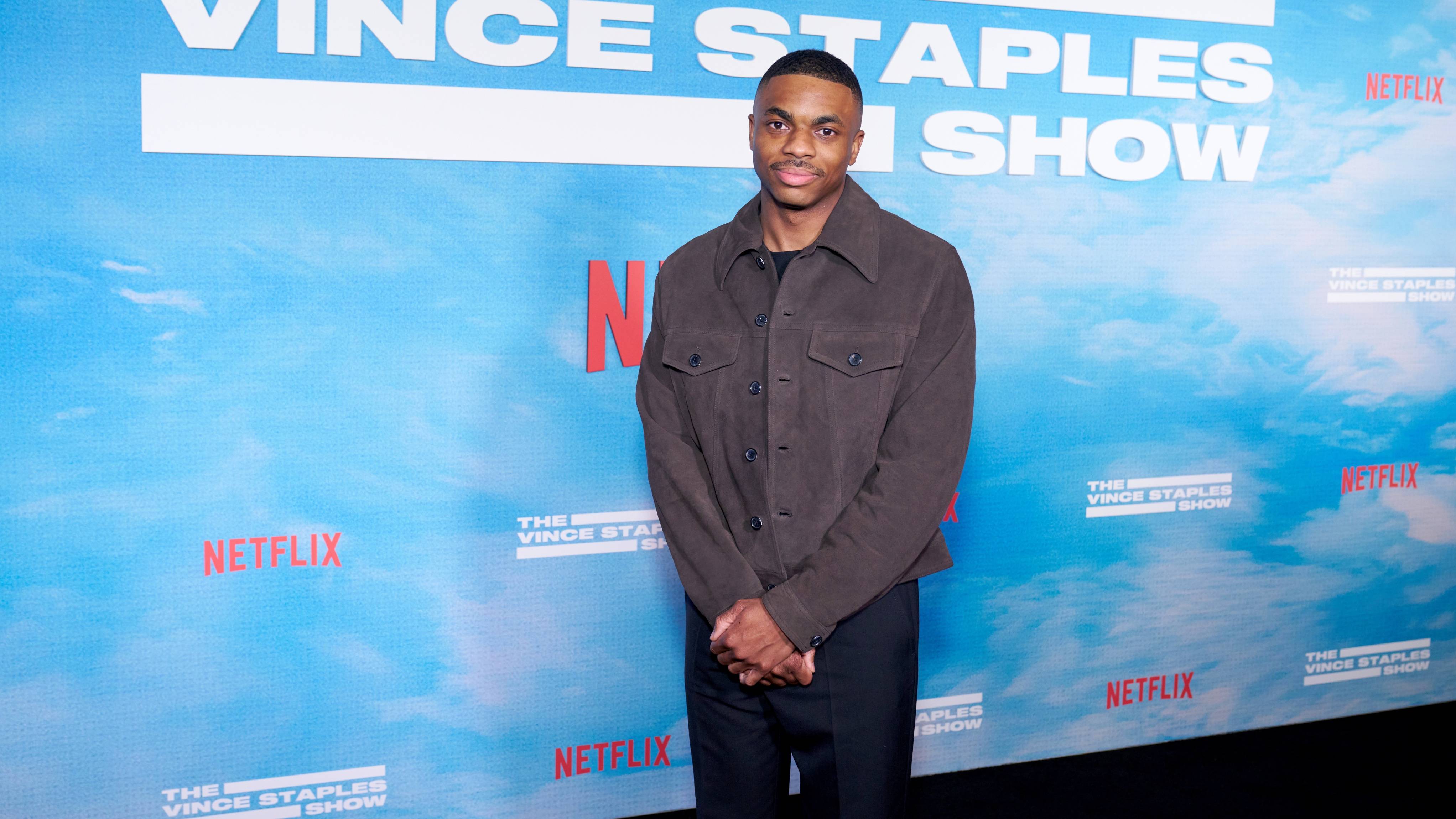NFL Contracts: Truths and Myths with Insights from Patrick Mahomes’ Agent

The most important date on the NFL calendar is fast approaching, and arguably the second-most important is not far behind. The Super Bowl will be played on Feb. 9. A month and change later—March 12 to be exact—will be the official start of the new NFL year.
On that date, free agency officially opens at 4 p.m. “New York time.” For those franchises looking to claim “new year, new team” in 2025, that date is their first opportunity to show and prove. While no team is likely to acquire the next Patrick Mahomes on that date, a Saquon Barkley-sized move might shift the balance of power in a division or conference. Or a team could go “all in” like the Dallas Cowboys did with Dak Prescott last year—currently the highest-paid NFL player—who signed a record-breaking four-year, $240 million contract extension with the Dallas Cowboys in 2024, earning an average annual salary of $60 million.
Just like hot stove winter in MLB and free agency summer in the NBA, large contract numbers will be reported by top news breakers. However, unlike some of the contracts from those two leagues, the NFL numbers come with additional strings attached. Questions such as “Who is the highest-paid NFL player?” and “How are NFL contracts structured?” often dominate online searches during free agency season because of how complex the deals are. NFL contracts lead to confusion and debate over guaranteed money, incentives, and a litany of details surrounding the salary cap.
Juan Soto will likely see every cent of his $765 million deal with the New York Mets. The same is not true for NFL players. When people who weigh 250-plus pounds and are also able to run a 40-yard dash in less than five seconds are used like battering rams, very few billionaires are willing to guarantee they'll pay out the entirety of a contract.
Big salaries towards the end of a package that are not guaranteed are not likely to be paid.
Here are some words of wisdom from longtime NFL agent Leigh Steinberg—who is currently one of superstar Kansas City Chiefs quarterback Patrick Mahomes’ representatives and has negotiated over $3 billion worth of contracts for players—to keep in mind when Adam Schefter, Ian Rapoport, and others start reporting eight- and nine-figure salaries:
1. NFL salaries are not fully guaranteed.
The Cleveland Browns decided to ignore that when inking Deshaun Watson to arguably the worst contract in NFL history. For everyone else, that isn’t happening. All that matters in an NFL contract is the guaranteed money and the payout early in the contract if it’s a long-term deal.
“When a huge contract is announced for $150 million, the real key is how much of that money is guaranteed,” Steinberg tells BET. “Big salaries towards the end of a package that are not guaranteed are not likely to be paid. Signing bonuses count in a prorated way against the [salary] cap, but all of the salary counts.”
2. There are two types of guarantees in an NFL contract.
Even the guaranteed money does not tell the whole story when the contract numbers are reported. Of course, there is a signing bonus, but the best players get another carrot—the injury guarantee.
“A free agent with leverage,” Steinberg says. “An irreplaceable player who signs a veteran contract is likely to have guarantees for skill and injury.
“The cap implication is once a contract is skill-guaranteed it all counts against the salary cap that year.
“An injury guarantee takes effect when a player suffers a career-ending injury from a football-related activity. Under the collective bargaining agreement, any player will get the balance of the salary for the year in which they’re injured and then up to half of the remaining salary for the second year. So, it’s capped. A third year used to be 30 percent. An injury guarantee means that if a player suffers a football-related injury then every penny of the salary that’s still remaining is paid just as if he was healthy.”
While some players secure massive contracts, others, like the lowest-paid NFL players, operate under significantly different financial realities, highlighting the wide disparity in NFL player earnings.
3. While there is a rookie wage scale, the structure of rookie deals is not uniform.
The structure of NFL contracts often raises questions about guaranteed money and incentives, making it crucial to understand how deals differ for rookies and veterans alike. Players drafted into the NFL between Apr. 24-26 will have their salaries and length of deals predetermined. That does not mean there is no room for agents to negotiate.
“Rookies [used to] get big signing bonuses and did not have guaranteed contracts,” Steinberg says. “That trend began to break about five years ago when first-round players got skill guarantees in their contracts.” (First-round picks sign four-year deals with a team option for a fifth.)
While rookie contracts follow predetermined structures under league rules, agents still play an essential role in maximizing guarantees and favorable terms for their clients.






